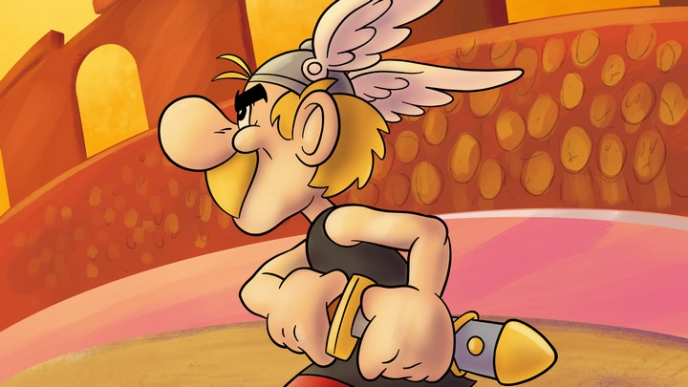MMX is XXV
The most evergreen game in the series hits its quarter-century
Mega Man X - as an individual game - is a monument to thoughtful evolution, elegant design and subversion of expectations. Mega Man X - as a series - is a monument to excess, flawed ambition and diminishing returns.
To Capcom's credit, they didn't rest on their laurels. Each sequel brought something new to the table, though these additions were pretty half-baked; X2's "X-Hunter" battles forcing the player to tackle certain levels in sequence, X3's farcically limited ability to play as Zero... the list goes on. Thankfully the original Mega Man X remains taut, focused and excellent. A model of restraint where its follow-ups were increasingly bloated with spurious "high-concept" missteps.

The tropes and mechanics of the "classic" Mega Man series are all present and correct, but expanded upon meaningfully to create a faster-paced, more rewarding experience. Instead of the traditional slide, you can "dash" - a high-speed, short-range lunge forward that offers a great deal of forward momentum and manoueverability if you take to the air. The charge shot (introduced to the series' eternal detriment in Mega Man 4) can now be applied to the special weapons you get from defeated enemies, making it more versatile and useful. The traditional stage select is present but beating certain stages can cause environmental consequences for others, adding replay value. The whole game is full of such graceful, intelligent design, making the slapdash sequels even more confusing and disappointing.

An acknowledged classic, Mega Man X has barely aged a day. It's available standalone on 3DS, or as part of the Mega Man X Legacy Collection on PS4, XB1 and Switch, alongside its first three sequels.





